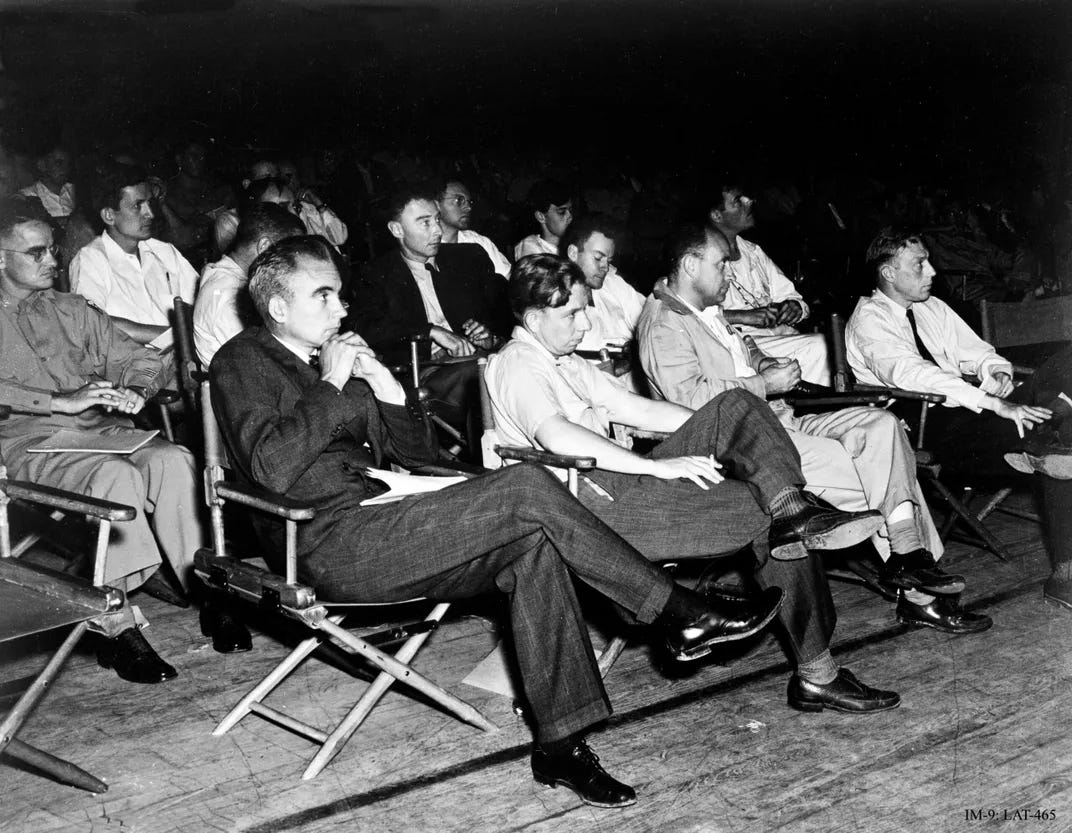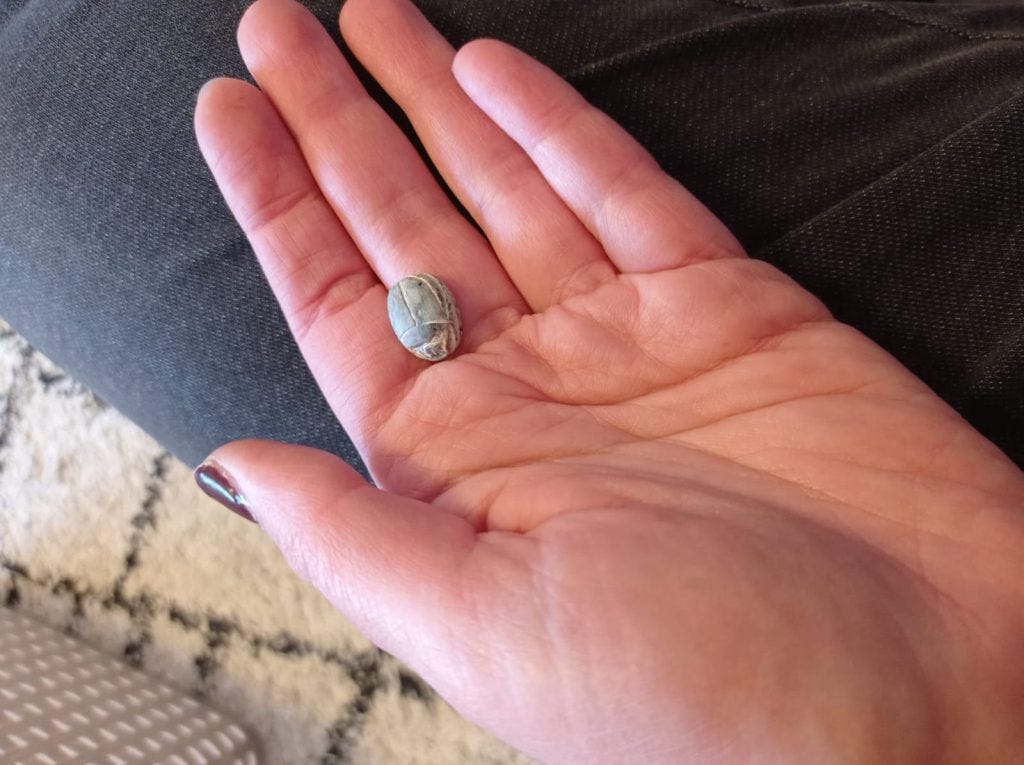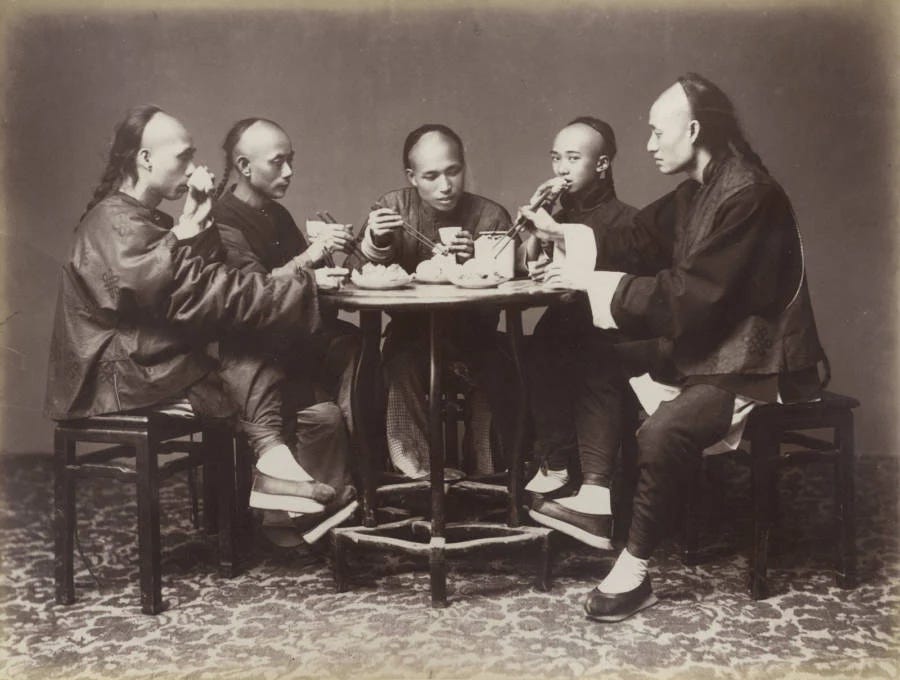Hey folks,
Excited to be back this week. It has been a packed week and I am relieved for a little break this weekend. Who else feels like the past week was an absolute sprint?
Also, it’s the end of July? How? Just… how? Where has this year gone? I feel like I’ve wasted a lot of the year on TikTok. 😬 If you’d like to connect on TikTok, come on over! I talk about more than just history there. A preview:
 Tiktok failed to load.
Tiktok failed to load.Enable 3rd party cookies or use another browser
Season two of the podcast is coming to an end next week. I’ve got one more very exciting episode to share with you all, and then I’ll be taking a month off to see my family, catch up on some other work, and more. It’s been so fun sharing these stories with you all. If you have a moment, I’d love it if you shared this ‘stack with one friend—it really does help other people discover this work!
All right! This week, in history acting unruly…
The ongoing war between Russia and Ukraine has left several cultural sites in Odesa “in shambles.” UNESCO has released a statement condemning the Russian shelling of these world heritage sites in the strongest terms.
In 1851, Captain Nathaniel Gordon commandeered the ship Brig Camargo in an attempt to become a pirate. He sailed to Mozambique and purchased “about 490 or 500 enslaved people” before sailing to Brazil. However, slave trading was already illegal in Brazil by this point, so Gordon deliberately sank the ship to try to escape prosecution. He sold the enslaved people he’d transported and escaped to the Congo. In 1862, he was hanged for his crimes—the only American ever hanged for slave-trading. A horror story, to be sure. No one has known the location of the sunken ship—until now. Archaeologists believe they have found the sunken ship by partnering with the local Black community, many of whom may be descendants of the enslaved people Gordon brought to Brazil. They’re hoping to confirm in the fall.
The Qing Dynasty seems so far in the past that we forget photography existed alongside it. Here are 44 photos from before the Chinese Communist Revolution.
In literary history:
Truman Capote’s In Cold Blood is one his great works that ensures he remains a household name after his death. But capturing and writing the story also destroyed him.
How banal words become political weapons. (Think: The fearmongering around “groomer.”)
Apparently, Sir Arthur Conan Doyle attended his own funeral service. What a sight that must have been—and a perfect farewell for the man who never gave up his belief in the supernatural.
A teenager carved his name into a 1,200-year-old temple in Japan. No one is happy about it. Because it is a UNESCO world heritage site, he faces up to 5 years in prison and thousands of dollars in fines.
Can history really teach us anything about our modern climate crisis? Absolutely.
And we should be worried about the climate crisis because, uh, the bears have stopped hibernating.
Here’s an idea: What if we mobilized to fight climate change the way we mobilized to fight the Nazis?
What do you know about the true history behind Oppenheimer?

A large group of physicists listen to a lecture at a 1946 Los Alamos colloquium. Oppenheimer is third from left in the second row, wearing a black jacket and tie. Also pictured (L-R in foreground) Norris Bradbury, John Manley, Richard Feynman, and Enrico Fermi. Los Alamos National Laboratory via Wikimedia Commons And the most important question of all: How many dinosaurs remain undiscovered? Can we know?
Speaking of dinosaurs, the Dinosaur Bone Wars (not an agreed-upon name but c’mon) are a real thing that really happened and you should watch this documentary about them.
The brief (and unsurprising) history of cocaine inside the US White House.
While Germany is often lauded for their public post-Holocaust repentance, many immigrants and minorities in Germany are starting to wonder how much of that is performative.
We tend to think of early modern royal women as downtrodden and depressed, even when they were queens. But as this article about early modern queenship points out, in the year 1560 alone we see women with ruling power in England, Scotland, France, Navarre, and Portugal. All were reportedly cheerful.
Does Eastern Europe, as we conventionally think of it, really exist post-Soviet Union?
Every culture has cooked its meat (or we wouldn’t be alive). But how did American barbecue develop? Its roots are in the Caribbean.
Who loved Gangs of New York? 🙋🏻♀️ Meet the real gangs who ruled the NYC streets in the 1800s: The Bowery Boys, the Dead Rabbits, the Plug Uglies, and more.
Speaking of movies: You loved Casablanca. But what do you know about the refugee stories that begin where that movie ends?
Are you familiar with the phrase “yahoo boys”? This story of this scam will fascinate you.
Krav Maga, the fighting style taught to the Israeli military, is rooted in the persecution of Jewish people around the world. Understandably, the only rule of Krav Maga is: Survive, no matter the cost.
did a great write-up of the history of Krav Maga in .Speaking of Israel, during a school trip to Tel Azekah, an Israeli first-grader found a 3,500-year-old Egyptian amulet just like…on the ground. Good eye, kid.

The Egyptian amulet the youngster found. Photo by Omer Shalev, Israel Antiquities Authority. Once upon a time, the US welfare system was actually a powerful tool for uplifting impoverished citizens. And then Ronald Reagan invented the specter of the ‘welfare queen’.
A little more information on why Greenland’s Vikings disappeared. (A follow-up from last week’s round-up.)
Art can teach us so much about the past… if we know where (and how) to look.
Speaking of, the collector who owns Calabrian Coast (1861) by Andreas Achenbach sued to get the painting removed from a list of art stolen by the Nazis. He was unsuccessful and the legal future of the painting (and who really owns it) remains up in the air.
And, finally, because I am legally obligated to by the laws of internet self-promotion: A tweet I posted about Cillian Murphy made the news in India. It’s all very silly and funny.






